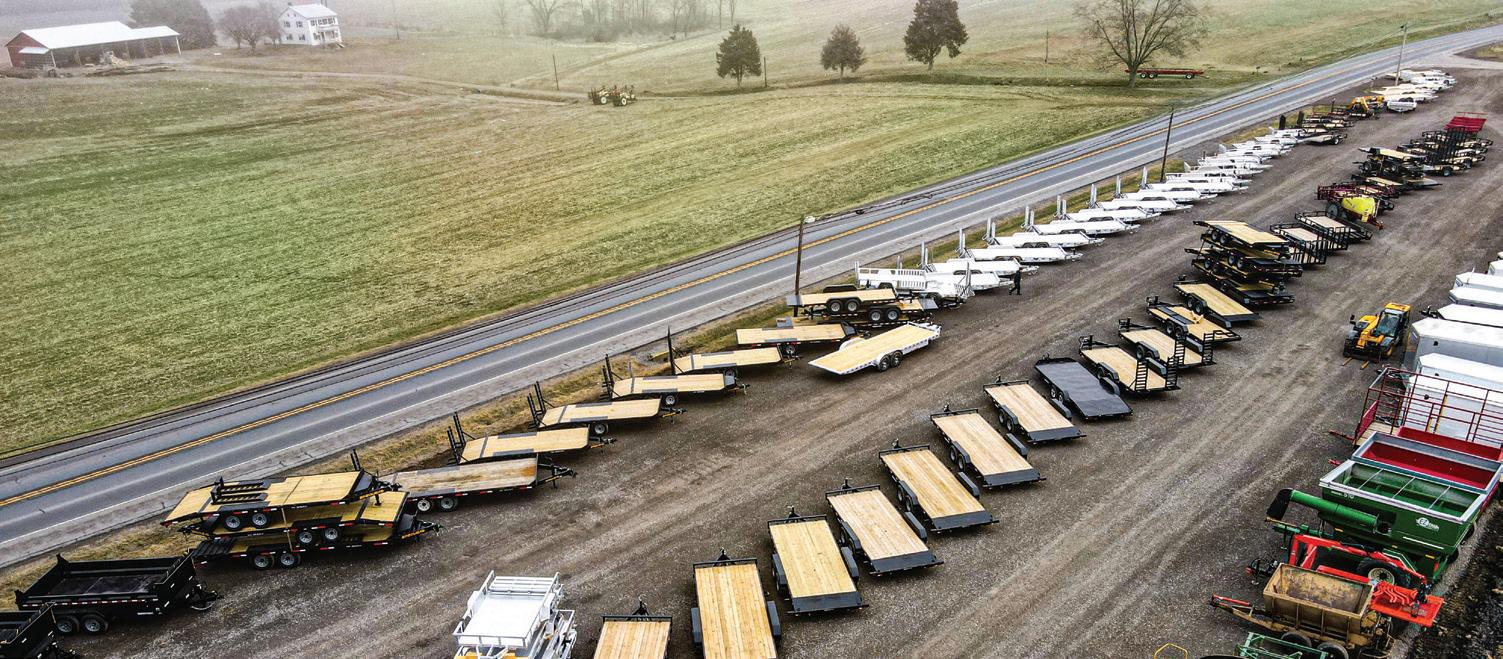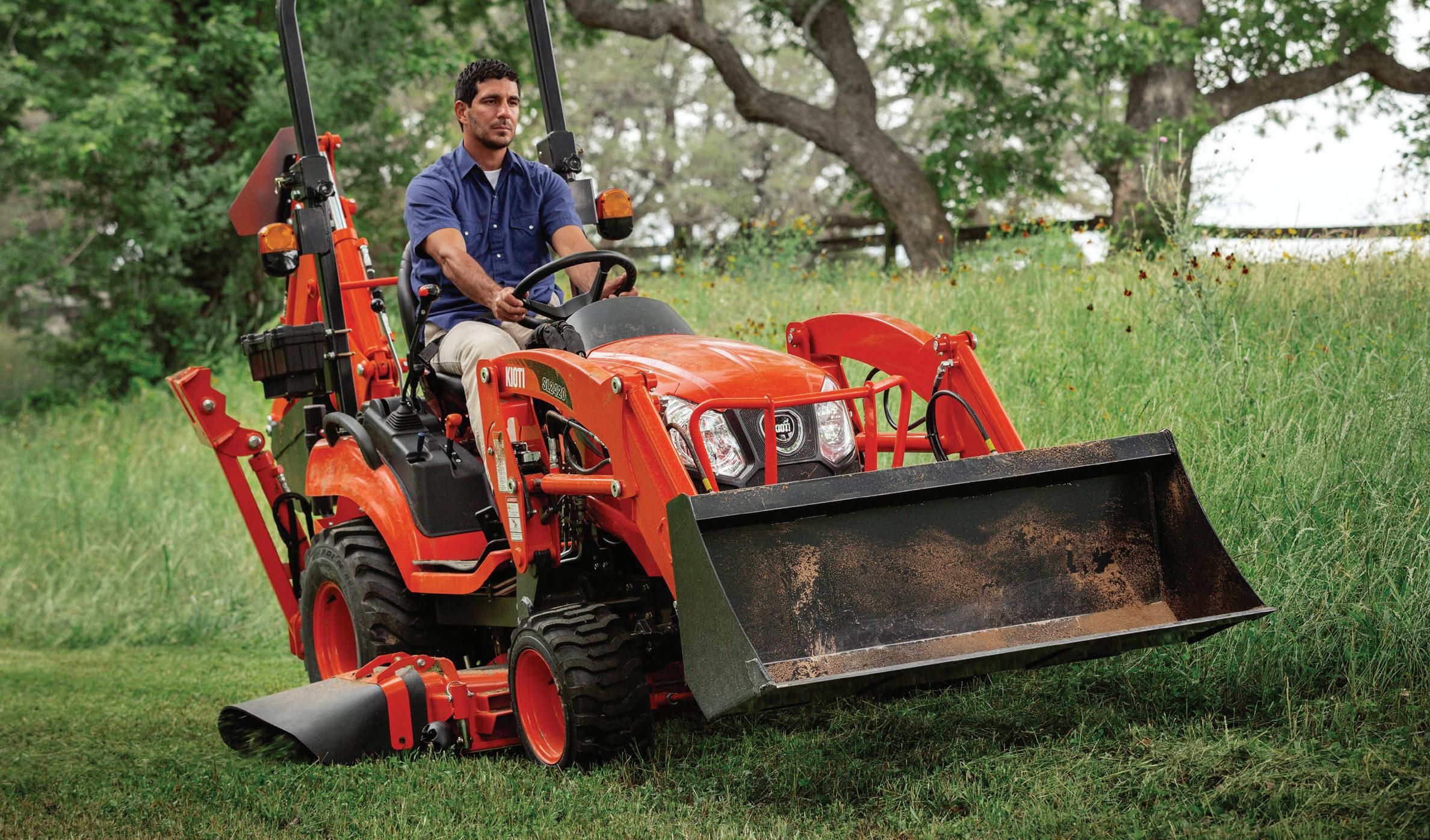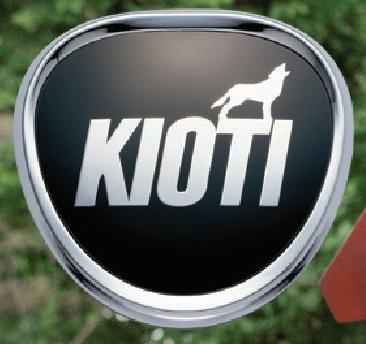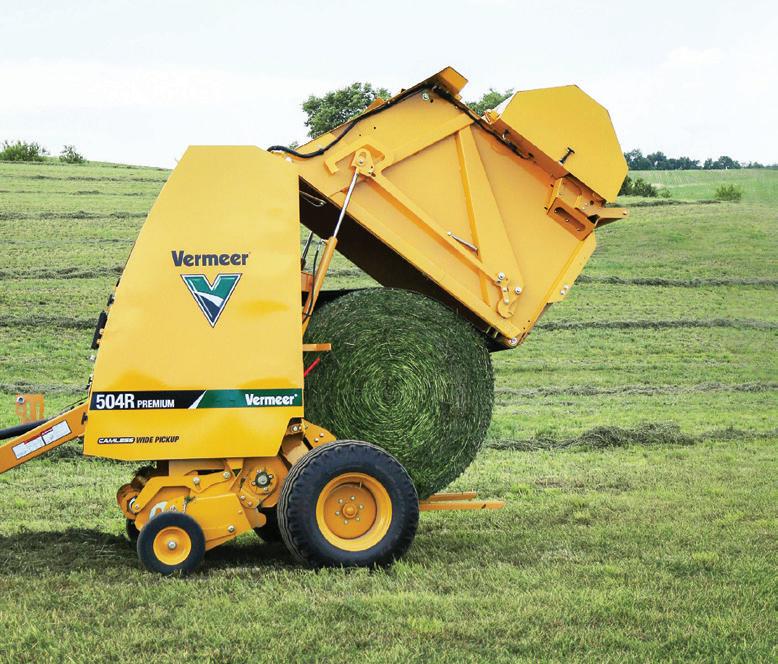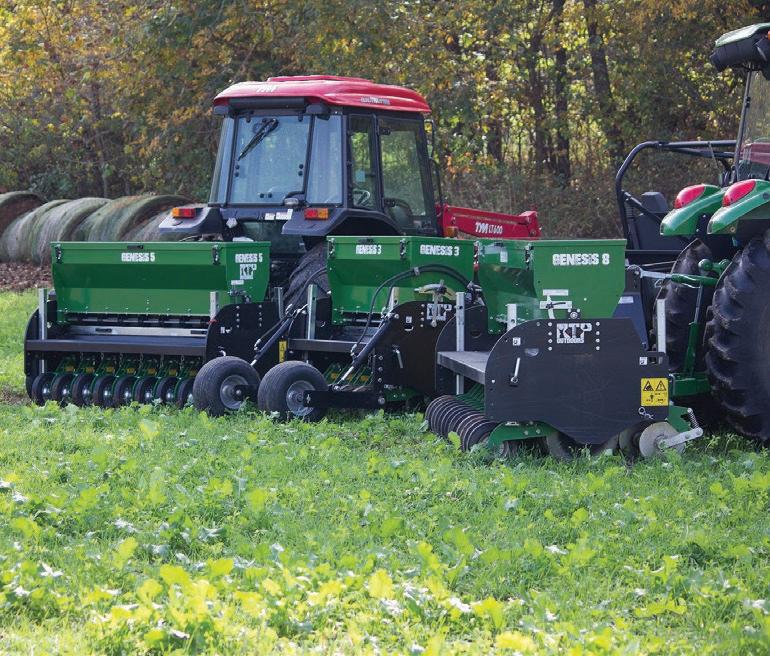





















































REEDSVILLE – Did you know there are 50 domestic rabbit breeds recognized in the United States?

Many of them will be on display beginning at 9 a.m. April 15 at the Green Building at the Mifflin County Youth Park in Reedsville.
The newly-established Juniata Valley Rabbit and Cavy Breeders Club will host its inaugural spring shows, inviting rabbit exhibitors from across Pennsylvania and neighboring states to attend. Hundreds of rabbits are expected to be in attendance.
Seven judges, licensed by the American Rabbit Breeders Association, will evaluate the rabbits based on the ARBA’s Standard of Perfection. They will be looking at characteristics including body type, conformation, fur type, color and more.
The event is open to the public, and there is no cost to attend. A food vendor and other industry-related vendors will be on site.
For rabbit enthusiasts who wish to participate in the shows, entries must be received by early April.
The JVRCBC is hosting four all-breed shows throughout the day; two open shows and two youth shows. Any rabbit breed recognized by the ARBA may be shown and win “legs” – prizes awarded to the first place animals.
The cost to enter a rabbit is $4 per animal, if entries are emailed to deerrunrabbitry77@gmail.com, by midnight on April 11. Mailin entries are also permit-
UNIVERSITY PARK — A hands-on Penn State Extension workshop will focus on best practices for maintaining, replacing and repairing plantings near a stream.
Titled “Maintaining Streamside Tree Plantings: Field Day,” the workshop will take place in both Pennsylvania Furnace and Manheim in April.
In Pennsylvania Furnace, the event will occur from 1 p.m. to 4 p.m. Friday, April 14, at Penn State Deibler Tract, 3030 W. Pine Grove Road.
The Manheim event is scheduled for 1 p.m. to 4 p.m. Monday, April 17, at Penn State’s Southeast Agricultural Research and Extension Center, 1446 Auction Road.
This workshop is designed for landowners with or interested in a streamside tree planting project on their property; those interested in streambank repair using tree plantings; and anyone who is maintaining a streamside tree planting. Participants who are certified pesticide applicators can earn core and category recertification credits.
Maintenance is a critical part of any successful tree planting project, organizers noted. Participants will learn from experts in the field while also getting a chance to see firsthand many of the activities involved in a planting.
The workshop will cover:
• Controlling weeds and other pests, such as deer and rodents, using a variety of mechanical, chemical and cultural practices.
• Protecting and maintaining trees and shrubs using shelters and other tools.
• Identifying and replanting trees and shrubs that have not survived.
• Repairing plantings following damage and disturbance events.
The show catalog is also available on Facebook, and changes or updates will be made available there too. Search for the event page JVRCBC Double Open/ Double Youth Spring Shows, or the group Juniata Valley Rabbit and Cavy Breeders Club.
Pesticide recertification credits are pending approval. Attendees could earn one core credit and two credits in each of the following categories: PC, 05, 06, 10, 18 and 23. Participants must register by 11:59 p.m. April 13 for the Pennsylvania Furnace event and by 11:59 p.m. April 16 for the Manheim workshop. There is a $15 registration fee.
ted and cost $4.50 per rabbit per show. Entries can be mailed to Jason Lightfoot, 25 Lower Deer Run Road, Lewistown, PA 17044. These must be postmarked by April 8. There will be no day of show entries.
There will also be specialty shows throughout
the day, which are extra shows specific to certain breeds.
Full show information, as well as details of the specialty shows, is available in the show catalog. For an emailed copy, contact Julianne Kilmer, julieskilmer@gmail.com.
The club is accepting new members to help with hosting local shows – anyone who owns rabbits near the Juniata Valley, whether for pet, meat, fur or show, is encouraged to get involved. A single year-long membership costs $5 for ARBA members or $10 for non-ARBA members. Family memberships are also available. For more information about membership, contact Jason Lightfoot, deerrunrabbitry77@gmail.com.

The list of responsibilities continues to grow for Chris Hoffman. He was elected president of the Pennsylvania Farm Bureau in November and immediately began serving in his new post. The PFB’s ninth president had served as vice president for eight years prior to the November election. He hit the ground running, working to promote agriculture and the Pennsylvania farmer while maintaining his own farm in Juniata County.

“The past three months have been exciting for me,” Hoffman said. “With the change of governor and many elected officials, getting to know them and making sure they understand the needs of agriculture is so important. I was elected to the board of directors for the American Farm Bureau in January, so I am working on national issues as well. And, I’m working with county farm bureaus as they work with the communities they serve.”
It would take a team of appointment secretaries to maintain the daily and weekly schedule. The energy Hoffman brings to the job not only presents a positive image, but is a necessity. Along with his official duties, he owns and operates Lazy Hog Farm and Lazy Chick Farm in McAlisterville. He devotes time to family, including his wife, Selina, four children and four grandchildren. In the past, Hoffman has
served in agriculture leadership positions at the state and county level. He is the epitome of “not enough hours in the day.”
Yet, Hoffman’s optimism for agriculture in Pennsylvania and the entire nation is a driving force. It shows in his description of the PFB.
“The Pennsylvania Farm Bureau is made up of county farm bureaus,” he said. “Not only is our organization for farmers, but it is good information for consumers as well. We need to educate everyone about where their food comes from and how it is grown. I would encourage the readers to become members and get involved. Food security
is national security and we all must work together. This year’s slogan is, ‘Together We Can.’ I believe we all can make a better tomorrow for all if we work together.”
Education is a key for Hoffman, and that includes the Pennsylvania Friends of Agriculture Foundation. Founded in 1986 and located in Camp Hill, the charitable organization’s mission statement is to preserve and promote agriculture, the largest industry in the Commonwealth.

“Our foundation is working hard in the education arena,” Hoffman said. “Our six ag science labs are traveling across the state delivering ag science-based lessons to
school children. We are getting ready for Ag Literacy Week in March. We will read ag-accurate books for kindergarten
through second-grade classrooms in our communities. In June, we will have teachers go through Educators Ag In -
stitute, learning new lessons on agriculture for their classrooms.”
Hoffman’s priorities are the current and future issues and challenges facing farmers. At the top of the list, like in many industries, is economic impact. According to the Pennsylvania Department of Agriculture, the agriculture industry contributes $132.5 billion to the state economy annually.
“The economic issues farmers are facing are front and center,” he said. “Input costs are hitting our farmers, and not knowing what we will get paid for our products is an issue. We are concerned about regulation and how it will affect our business.”
Financial hardships are affecting consumers as well, making it more difficult for some to put food on the table.
“The food demand in PA seems to be steady,” Hoffman said. “The need for assistance to purchase food is growing. We are working with
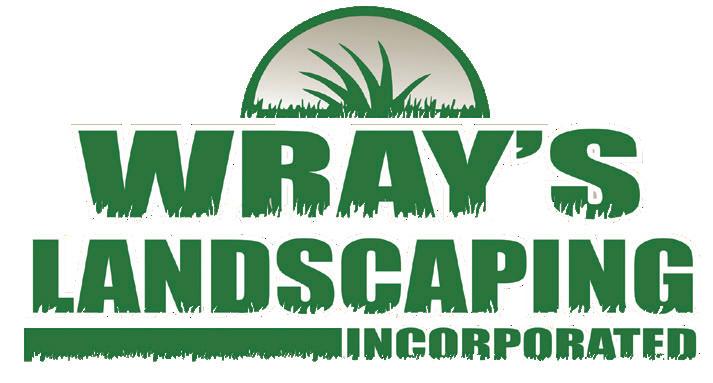
Continued from Page 4
Congressman Glenn ‘GT’ Thompson on the 2023 Farm Bill that will help fund some of the needs we see.”



Hoffman’s experience on the farm and in his many official capacities keeps him involved with the many changes in technology and recent advancements such as the use of solar power.


“All farmers are always looking for ways to use less resources and increase yield,” he said. “We all want to pass our farms to the next generation. Using Technology is so important in helping us achieve this goal. Renewal energy is important as we look to supply the energy needs of the
future. We just need to be strategic on placement of panels as we plan for producing food for a growing population.”
Throughout history, farmers have been forced to adapt to changing times. Hoffman knows his primary duty is to lead the search for information.
“Farmers are always looking at research and new technologies to help with the process of producing a crop,” he said.
“We are always doing what we can as an organization to help our farmers know what new information is available.
As in any industry, staying stagnant is not an option.”
Hoffman’s vision of the future remains clear despite reports of the dwindling number of farms in the nation. Figures from the USDA indicate there

were 6.8 million farms in the U.S. in 1935. In the most recent survey, there were 2.01 million U.S. farms in 2021, down from 2.20 million in 2007.
“I am not sure that family farms are shrinking but are adapting to new markets,” he said. “We are seeing more people engaging in growing food for themselves and their neighbors. Pennsylvania has a great opportunity to grow in the agriculture sector because of the population center around us. We need to continue to educate consumers about how food is grown and encourage them to get engaged.”
Regardless of future challenges facing the agriculture industry, Commonwealth farmers and the Pennsylvania Farm Bureau have the right man at the helm.
Submitted photo Mya Snyder, Hoffman’s granddaughter, visits the farm. “This is why we farm,” Hoffman said.





The Pennsylvania Friends of Agriculture Foundation strives to bring agricultural education to students in unique and creative ways.
The foundation reaches more than 100,000 students a year with their mobile ag lab program. They are currently raising money to help fund their endeavors in furthering agricultural education.
The mission of the Pennsylvania Friends of Agriculture Foundation is to cultivate a greater understanding of agriculture for all Pennsylvanians. Charlene M. Shupp Espenshade, CFRE Executive Director Pennsylvania Friends said “Most students do not have a direct connection to a farm. Through a visit to the ag lab, we hope to provide an educational experience that students realize the importance of farmers and agricultural products in their daily lives.”
The Mobile Agriculture Education Science Lab is a 40-foot mobile classroom that travels across the state of Pennsylvania bringing an interactive field trip style experience directly to schools and students in grades K-8.


It is equipped with over 30 STEM-based science experiments and lessons, a certified teacher, and all the supplies needed for a hands-on learning experience. Each science experiment is designed to emphasize a different aspect of agriculture, including Pennsylvania’s commodities, the environment, biotechnology, food and fiber.
While in the lab, students work cooperatively to solve a problem as they
form a hypothesis, collect data and draw conclusions while focusing on the scientific method.




Each lesson on the Mobile Ag Lab focuses on increasing student knowledge on the importance of agriculture and its impact on their daily lives.
Foundation programs are donor supported and keep programs such as the Mobile Ag Ed Science Lab affordable to schools.
Donors also provide funding opportunities to lower a school’s ag lab visit cost. Additionally, the program is eligible for the Education Income Tax Credit (EITC) which allows qualifying businesses to donate to the foundation in support of the ag lab program.
“The countless thank you cards we receive from students showcase the impact of the mobile labs as they share what they learned during their class visit. From learning how
to make crayons from soybeans, glue from milk,









and the role of pollinators to learning about a potential career in agriculture, the ag lab has been educating students for nearly 20 years.” Shupp Espenshade added, “We will visit more than 155 schools this year and reach about 100,000 students with our programs. We have also begun scheduling for the 2023-24 school year. Demand for the ag lab program remains strong as it provides a field trip to the school parking lot.”
For those interested in donating
• Every donation of just








$5 reaches one student;
• A $100 donation serves one classroom;

• A $250 donation pays for an attendee at the Winter Agriculture Workshop;


• A $500 donation covers over 850 miles of transportation for a lab;


• A $750 donation pays for a teacher to attend the Educator’s Agriculture Institute over the summer;

• A $1,000 donation covers a week of staffing for the brand new “Farms to Families” Immersion Lab.

LEWISTOWN—Sustainable agriculture is becoming increasingly important in Central Pennsylvania. It is a way of producing food and other agricultural products that are both environmentally friendly and economically viable.
Local farmers are taking steps to integrate sustainable practices into their operations, and the benefits are being seen in the region.
Much of this success has been because of extension programs, like the one at Penn State, which provide agricultural services to local farmers through several county offices. As part of these efforts, extension programs have identified best management practices for livestock grazing and organic vegetable production.
The programs help pro-



ducers avoid potential problems such as soil erosion, nutrient loss, and water pollution. They also provide information on how to create sustainable enterprises by understanding the nature of their land and marketing their produce.
The Pennsylvania Association for Sustainable Agriculture (PASA) promotes sustainable agriculture in the state by providing educational programs and resources for farmers, consumers, and policymakers.

The certified-organic sector of the agriculture industry is one example of the importance of good soil conservation techniques. While much of the land in Pennsylvania has historically not been farmed organically, over 10 percent of its farms now practice certified organic growing methods. These farms represent about 30,000 acres of arable farmland, or 15 percent of the total crop acre-
age in the state.
The availability of land and consumers’ desire to buy “local” produce have made sustainable agriculture more financially feasible. Also, consumer preferences for fresh fruits and vegetables from small family farms are increasing the demand for certified organic foods. These factors make it easier for sustainable farmers to succeed.
Sustainable agriculture is an approach to farming that focuses on long-term productivity and environmental stewardship.
It emphasizes the use of renewable resources, the conservation of soil and water, and the protection of natural ecosystems.
In Central Pennsylvania, farmers are using sustainable techniques such as cover cropping, rotational grazing, no-till farming, and integrated pest management (IPM). These tools conserve natural resources



Continued from Page 7
while creating income.
For example, farmers can plant winter rye after they harvest hay from wheat or corn fields. When this winter rye is cut, the clippings return nutrients to the soil, while the grain protects the soil from wind erosion.






By rotating different crops on each field, farmers can prevent the overuse of resources, such as nitrogen and phosphorus. Through careful planning, farmers can grow more food per acre with less cost and without relying on chemical fertilizers.
Cover cropping is one of the most popular sustainable practices used by farmers in Central Pennsylvania. Cover cropping is the practice of planting a variety of plants in a field to protect the soil and reduce


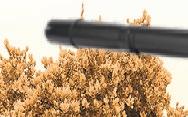
erosion. This practice helps to maintain soil fertility, increase organic matter, and reduce the need for chemical fertilizers.
Cover cropping helps reduce weed growth and improve water retention, which can reduce water usage. Cover cropping can provide food for pollinators, which is essential for the health of the local ecosystems.
No-till farming leaves the soil undisturbed, which helps reduce erosion and conserve water. These practices help ensure the land is used sustainably.
Integrated pest management focuses on natural enemies in addition to pesticides. These strategies provide another tool for ensuring high yields with minimal pesticide use. IPM is an approach to pest control that combines various methods, such as biological control, cultural control, and chemical control, to reduce pest populations.
This approach helps to reduce the need for using chem-






















ical pesticides, which can be harmful to both the environment and human health. Using IPM, farmers can reduce their reliance on chemical pesticides while keeping pests in check.

Rotational grazing involves rotating livestock to different pastures throughout the year. This reduces the risk of disease and parasites, as well as help to maintain healthy grasslands.
Producers who incorporate these practices into their operations reap the rewards of a more productive operation, healthier soil, and a safer environment. Sustainable agriculture is based on the principle that healthy soil will lead to greater profits, healthier people, cleaner air, and lower costs for health care. This practice helps increase public support for farming because many perceive agriculture as a safe job.
Most important are the economic advantages these methods offer. Many organic farmers





receive higher prices for their produce because consumers prefer it. Certified organic production costs about anywhere from 10-40 percent more than conventional production.
Organic production often involves more labor and higher production costs due to the stringent standards and regulations associated with organic farming. Organic produce is more expensive to purchase due to increased demand and limited supply.
In a study published in the journal Nature Sustainability, if all crops were grown according to sustainable principles, farmers could increase production of the major grains— corn, wheat, soybeans, and oats—by 40 percent. With increased production, prices would be lowered. Ultimately, those lower prices would translate into bigger profits.



So even though most conventional farmers do not use sustainable practices, it is often profitable for them to start.


HARRISBURG — The U.S. Department of Agriculture’s National Agricultural Statistics Service will be collecting information about colony loss in the honey industry throughout the United States. The next Quarterly Colony Loss survey will be conducted during April of 2023. This survey collects information about colony inventory and loss from more than 400 producers with honeybee colonies in the Northeastern Region of the United States.
“The information from these surveys directly impacts our region’s beekeepers and honey producers,” said King Whetstone, director of the NASS Northeastern Regional Field Office. “Beekeepers and producers can use the survey results when making business plans and marketing decisions. Cooperative Extensions use the data to provide needed outreach and education and State Departments and Agencies of Agriculture use the information to set insurance values,” added Whetstone.
To ensure survey participants have an opportunity to respond, NASS interviewers will contact producers who do not respond by mail or online to conduct interviews.
Instead of what can Hemp be used for it may be simpler to ask the question what can it not be used for?
Hemp is an incredibly versatile plant, which at one time provided a booming industry in PA. According to the Pennsylvania Hemp Industry Council, Lancaster County was the hemp capitol of early America.
Lancaster county’s original Hempfield Township was formed in 1729 and named for the vast quantities of hemp raised there. Between 1720-1870 there were over 100 water-powered mills for processing hemp fiber in Lancaster County along with dozens more in surrounding counties and hundreds throughout the state.
When William Penn founded Pennsylvania in 1681, he intended for the commonwealth to grow hemp. It continued to be grown for over 260 years in PA.
The Philadelphia ship-building industry used hemp fiber for anchor cables, rope rigging and canvass sails.
A byproduct of the enor-



mous hemp industry in PA was tons of excess hemp seed. Much of that seed was pressed in oil mills. The oil could be used in paints, varnishes, lacquers, printer ink and lamp oil.
Fine linens were also made from hemp.
Despite its amazing versatility hemp was banned in the 1930’s after a law banning marijuana went into effect. The fact that the hemp plant could not provide a high since it did not contain the same chemical as marijuana called THC wasn’t discovered until the 1960s.
The PA Hemp Steering Committee states that Hemp can be produced to obtain fiber, grain, and phytochemicals. Hemp fiber is used for many industrial purposes, including production of textiles, paper, construction materials (hempcrete, hemp wood flooring, thermal insulation materials), animal bedding, and bioplastics.
Hemp is considered a highly sustainable source of fiber and other biomass raw materials due to the fact that it grows quickly in most climates with little need for irrigation, pesticides, or fertilizers. It takes up relatively little
space and produces more biomass per acre than trees and most other fiber-producing plants. Hemp crops even give back by returning nutrients to the soil and sequestering carbon more efficiently than most other agricultural crops. Finally, virtually every part of the plant can be used, which minimizes the amount of agricultural waste produced.
There is a wide variety of uses for hemp flowers, seeds and leaves as well.
Some of these include CBD oils made from the flowers and hemp seed oils from cold pressing the seeds that can be used in salad dressings, as supplements or in skin care products.
In a statement at the end of January 2023 the FDA said it has not yet given the approval for CBD products to be marketed as supplements or foods, leaving producers and retailers of these products to sell in a gray market.
Animal feed is another product that can be made from some of the byproducts of the plant. At this point though, approval from the FDA and CVM has not been given for use of hemp grain in animal
feed either.
Until the stigma around this plant is eliminated, and approvals come through from the government organizations that regulate them, farmers wanting to try hemp remain in a waiting stage.
Hemp has the potential to grow into a thriving market, as we seek to find more sustainable ways to live the lifestyles we have all become accustomed to.
The good news is that although the rate of progression towards Hemp becoming a viable crop in PA is slow, it is moving in the right direction.
In 2014 the U.S. Farm Bill, Sect. 7606, allowed higher education institutions or state agricultural departments to research hemp cultivation and marketing under a state-run pilot research program.
In 2018 an addition was made legalizing hemp production on a broader scale, but a permit is still required to grow hemp in the state of Pennsylvania.
Eric Hurlock, digital editor at Lancaster Farming Newspaper and Industrial Hemp Podcast host said, “In order to survive this century we have to change
Applications for new and renewal hemp permits for 2023 are now being accepted through April 1.
The PA department of Agriculture is committed to continuing to foster the growth of hemp as a profitable, sustainable and in-demand product.
Through the Act relating to Controlled Plants and Noxious Weeds, Pennsylvania’s USDA-approved Hemp Program issues permits for growing and processing hemp under the PA Hemp General Permit.
For 2022, the Department of Agriculture had issued: 275 hemp growing permits, including 14 research permits, and 53 hemp processing permits, including 2 research permits
To apply for a PA Hemp Permit read the PA Hemp General Permit Guidelines, review application instructions and complete permit application on PA Plants or complete Hemp Permit Application and Renewal From or Re-
search Permit Application form. These links can be found at agricultural.pa.gov/Plants_Land_Water/hemp/Pages.
To learn more about the latest grants and programs being offered to farmers interested in developing a plan to grow hemp visit www.agriculture.pa.gov.
Other useful resources for hemp education: https://www.lancasterfarming.com/farming-news/ hemp/podcast/

The All Together Now Pennsylvania website using the link to Industrial hemp.
https://alltogethernowpa.org/regional-economies/ industrial-hemp/
The Pennsylvania Hemp Industry Council


https://www.pahic.org/



PA Hemp Steering Committee
https://www.pa-hemp-steering-committee.org/ Penn State Extension
how we think about everything,” Hurlock added that there is a lot of positive energy and passion to do just that in the hemp space.
Whether a crop farm operation is large or small, industrial hemp production could eventually be a viable option for farmers. But there is a vast array of hoops a farmer must be willing to jump through at this point if they want to start experimenting with hemp.
Hurlock said, “farmers have to get fingerprinted and background checks and pay all of these permitting fees and then testing fees throughout the growing season.” Farmers are left feeling like criminals being forced to get background checks and fingerprinted, when they don’t need to do that for any other industrial crop. At this point Hurlock added, “the regulations are really restrictive and put so much burden on the farmer.”
According to Hurlock Europe is well ahead of us in hemp production, and places like Russia, China and Ukraine never stopped producing hemp.
If you’re thinking about growing hemp you should try it but don’t go all in just yet. Hurlock added that a
farmer that has corn and soy operations could start small, such as a half-acre plot and give it a try. But a farmer does not want to waste a lot of time, money or space on it until they have a buyer. Besides the regulations, the other thing keeping the hemp industry from taking off in PA and other states is the lack of processing capacity.
Although there are not any processing facilities here in PA yet there are several that are close to launching. Once they do, the doors for hemp to become an everyday crop in addition to farms will start to open.
Experts in the field of hemp are projecting a 3–5year window of development that needs to happen before the industry can really start to get off the ground.
Reviving the hemp industry in PA will be a delicate balancing act by producers, harvesters and processing facilities but it can be done. It holds great potential to be a profitable crop for farmers and manufacturers. Hemp could also be a cleaner and greener option for the environment and the economy in industrial materials, textiles, and food.
HARRISBURG — The Pennsylvania Governor’s Invasive Species Council recently shared findings from the first statewide survey of impacts from invasive plants, insects, pathogens and animals, and announced that a pilot test of a regional invasive species management program will launch this summer. The Governor’s Invasive Species Council conducted the Pennsylvania Invasive Species Impacts Survey last fall to hear directly from Pennsylvanians about impacts they’re expe -
riencing from invasives. The Commonwealth is a steward of the environment, a role that is more important than ever as it takes on threats like invasive species. Governor Shapiro’s proposed budget provides $34 million to support the Department of Environmental Protection’s work to continue to combat and respond to emergencies and disasters. In addition, $3 million will be used to combat spotted lanternfly and other invasive species.
“A biodiverse native eco -
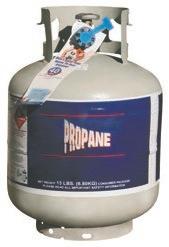


system provides the natural resources that are essential to our lives, from agricultural food production to outdoor recreation and fishery, timber, and other industries,” said Department of Environmental Protection Acting Secretary Rich Negrin. “The Governor’s Invasive Species Council is working proactively to help protect the natural resources Pennsylvanians depend on and treasure.”
The Council believes the response to the growing number of invasive species in Pennsylvania requires a statewide
program that would identify regional priorities and enable regional solutions – this program would bring together expertise from local and state government, industry, community, and academic organizations. Across the state six Partnerships for Regional Invasive Species Management (PRISM) would be established.

Over 350 survey respondents said a PRISM program would help them, and over 380 said they’d like to participate in a PRISM in their region.
The Council and the Penn -
sylvania Association of Conservation Districts (PACD) will partner to pilot-test a small-scale version of a PRISM program in 13 northwest counties in July. Using $210,000 from the U.S. Department of Agriculture Forest Service, PACD will conduct on-the-ground projects to remove invasive species and educational outreach to help prevent introduction of invasives. In addition, PACD will develop a strategic plan identifying priorities and committed partners for the region.


The Juniata County Dairy Promotion Committee is seeking members to serve on the 2023-2024 Juniata County Dairy Promotion Court. Qualified young women and men engage in a year of service through the Dairy Promotion Program on behalf of Juniata County’s dairy industry. In the state of Pennsylvania, approximately 300 youth with dairy industry connections publicly represent dairy foods and farmers while learning career and communication skills through promotion events and training at the county and state level. Serving as a diary promoter is an honor and an education –equally beneficial to the individual, the industry and the dairy consumer.
Candidates must be a resident of Juniata County, connected somehow to the dairy industry and have a desire to promote the industry. A Princess candidate must be 16 – 24 years old by June 1. She must be single, never married, have no children and must not marry or become pregnant during her reign.
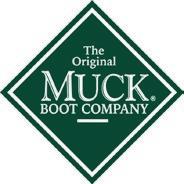

The Juniata County Dairy Promotion Committee is
also seeking junior representatives who should be between the ages of four and 16. Deadline for submitting applications is April 15, 2023.
2:30 p.m. The committee is also seeking interested people to serve on the Juniata County Dairy Promotion Committee to lend support and help with the planning of promotions. For more information contact Committee Chairperson, Karen Shearer, at (717) 527-2221. There are many ways to contact The Sentinel: Call: 717-248-6741 Write: The Sentinel P.O. Box 588, Lewistown, PA 17044 e-Mail: sentinel@lewistownsentinel.com
MIFFLINTOWN — Robert E. Zeigler, Jr., of USDA’s Farm Service Agency in Juniata/Mifflin/ Perry/Dauphin counties, reminds producers that FSA has funding reserved specifically for use by Targeted Underserved Groups and Beginning Farmers. These loan programs are designed to help farmers purchase and operate family farms.
“With these loan programs, FSA hopes to help reverse the declining number of farmers and ranchers across the United States and especially here in Juniata/Mifflin/Perry/ Dauphin County,” Zeigler said. “These loans help to encourage and assist them in owning and operating their own farms and ranches, participate in agricultural programs, and become integral parts of the agricultural community.”
According to Zeigler, FSA reserves a portion of its loan funds each year
for targeted underserved groups. USDA defines a targeted underserved farmer as one of a group whose members have been subjected to racial, ethnic, or gender prejudice because of their identity as members of the group without regard to their individual qualities. For purposes of this program, targeted underserved groups are women, African Americans, American Indians and Alaskan Natives, Hispanics, and Asians and Pacific Islanders.
Direct loans are made to applicants by FSA and include both farm operating and farm ownership loans. Repayment terms for direct operating loans depend on the collateral securing the loan and usually run from one to seven years. Zeigler says that repayment terms for direct farm ownership loans can be as long as 40 years. Interest rates for direct loans are set peri-
odically according to the Government’s cost of borrowing. The down payment loan program requires the applicant to provide a minimum down payment of 5% in cash and then the loan cannot exceed 45% of the lesser of the purchase price, the appraised value of the farm to be acquired or $667,000.00 and a term not to exceed 20 years.

Subject to the direct farm ownership loan limit of $600,000.00. Down payment loans made as Micro Loans for farm ownership purposes may not exceed $50,000.00.
Farm ownership loan funds may be used to purchase or enlarge a farm, purchase easements or rights of way needed in the farm’s operation, erect or improve buildings such as a dwelling or barn, promote soil and water conservation and development, and pay closing costs.
Farm operating loan funds may be used to pur-














chase livestock, poultry, farm and home equipment, feed, seed, fuel, fertilizer, chemicals, refinance farm related debts other than real estate, hail and other crop insurance, food, clothing, medical care, and hired labor. Funds also may be used to install or improve water systems for home use, livestock or irrigation, and other improvements.



Individuals, partnerships, joint operations, corporations, and cooperatives primarily and directly engaged in farming and ranching on family-size operations may apply. A family-size farm is considered to be one that a family can operate and manage itself.
Guaranteed loans also may be made for ownership or operating purposes, and may be made by any lending institution subject to Federal or State supervision (banks, savings and loans, insurance companies

and units of the Farm Credit system). Typically, FSA guarantees 90 or 95 percent of a loan against any loss that might be incurred if the loan fails. Guaranteed loan terms are set by the lender. Interest rates for guaranteed loans are established by the lender.

Applicants must meet
the eligibility requirements for a given program before FSA can extend program benefits. For additional information or applications for all FSA direct loan programs contact your local FSA Office at 146 Stoney Creek Dr., Suite 1, Mifflintown PA, 17059-8097 or call (717) 436-4003.
